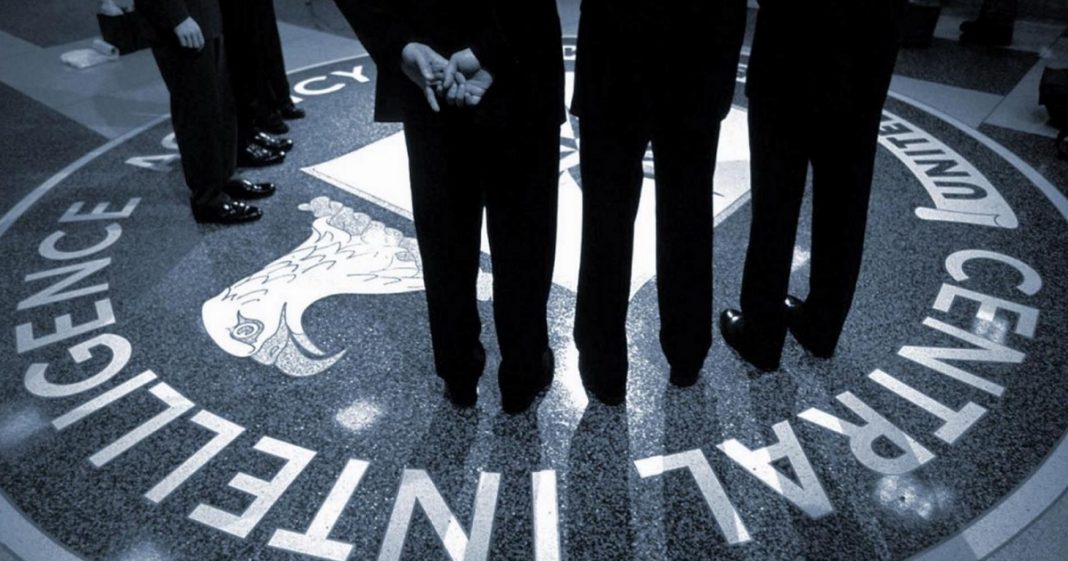It appears that America should not be calling the kettle black. While still-unproven allegations of Russian interference in the 2016 U.S. Presidential elections continue to circulate, WikiLeaks has released its own bombshell: Starting on 21st November 2011, our very own Central Intelligence Agency was busy infiltrating and spying on political parties and elections in France.
Special focus was given to the Socialist Party and incumbent candidate Nicolas Sarkozy, representing France’s center-right Union for a Popular Movement (UMP). However, CIA agents infiltrated all major political parties, which were also subject to electronic monitoring. These operations were carried out through the French elections, held in May of 2012, and continued well into the formation of the new government under Socialist François Hollande. The CIA ended the operation on September 29, 2012.
CIA agents were given specific orders to learn about Sarkozy’s opinions of his rivals and his interactions with his advisors as well as information about the UMP’s “Stragetic Election Plans” and what party members were thinking about him. Agents were also ordered to find out about any factions within the UMP and moves to alter the party’s ideology, and assess any “perceived vulnerabilities to maintaining power” Sarkozy would face should he win re-election.
The fact that Sarkozy was targeted for espionage is particularly interesting, given his openly pro-American views and how much he related to American values. Ultimately, the CIA determined that his re-election was not a foregone conclusion.
Why was the CIA engaging in this espionage against a U.S. ally? According to the agency’s documents, it was to help “analysts assess and prepare U.S. key policymakers” for whatever might happen in France after the election – especially as these might affect relations between the two countries. There was concern over who and how candidates were funded and particularly their economic views.
Specific questions about the candidates included “What policies do they promote to help boost France’s economic growth prospects?” and “What are their opinions on the German model of export-led growth?” There was also keen interest in the candidates’ positions on the Greek debt crisis, and how a possible default might impact French financial institutions.
Another espionage order from the NSA that year examined all French export deals exceeding $199 million USD in value.
The C.I.A. requested assistance from intelligence agencies in other countries as well, including Canada, New Zealand, Australia and the U.K.
While revelations about U.S. espionage on an ally has gotten relatively little notice in Washington D.C., at least one Canadian political leader is demanding to know what his own country was doing and why. Last Friday, National Democratic Party Leader Thomas Mulcair said,
“The very possibility that Canadian spy agencies have been involved in monitoring French politicians is so serious that it absolutely cries out for a clear and unambiguous answer from our government. They have to come clean about it.”
Mulcair also pointed out that “Canadians don’t expect their government to spy on our closest allies, especially when it involves their own domestic elections. There’s nothing more sensitive than that, as we’re observing right now with the allegations in the U.S. election.
We should be as concerned about our own intelligence agencies here at home – whatever their motivations.




